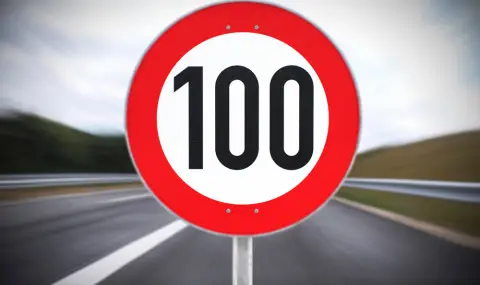The World Bank has urged governments to significantly reduce speed limits because we are now driving too fast on the roads and this is a major cause of accidents, including those resulting in death or serious injury.
Such requirements were included in the report of the experts of this financial institution. In particular, it is recommended to allow highway speeds of up to 100 km/h. If such a restriction is introduced, the need for high power engines will automatically disappear.
According to World Bank analysts, this will reduce the number of fatal traffic accidents and protect road users. “If we want a real improvement in safety, it is necessary to strengthen the rules in all possible traffic conditions”, the document says.
Suggestions for the new restrictions include:
30 km/h - on roads used by unprotected road users, such as pedestrians and cyclists;
50 km/h - on city streets with collision intersections and danger of side collisions;
70 km/h - in undeveloped areas where there is no separation of directions and head-on collisions often occur;
100 km/h - on high-speed roads and highways.
According to the authors of the report, such speed limits will significantly increase the chances of survival of the victims of traffic accidents. They now make up around half of the 1.19 million people who die on the world's roads each year.
Another 20-50 million are seriously injured. As experts emphasize, speeding is one of the main risk factors and is considered the main cause of fatal accidents and serious injuries.
The report cites numerous studies that support these theses. They show, among other things, that at a collision speed of 30 km/h the risk of pedestrian death is approximately 13%. At 50 km/h it increases to 40 percent, and at 73 km/h it exceeds 70 percent.
The analysis also refers to driver perception, which deteriorates as speed increases. Then it is very difficult to notice an obstacle in the road and react. At a higher speed, the braking distance also increases.
According to the authors' calculations, the increase in speed doubles the distance needed to stop the car safely. This means that the driver has much less time to react, and a possible accident leads to more serious consequences.
In the European Union alone, more than 20,000 people died on the roads in 2021. Worldwide, this number is almost 60 times higher. The task of the authors of the project is to convince governments that the relatively simple act of reducing speed limits will lead to tangible results in the form of fewer tragedies.
As well as the huge costs associated with them - medical assistance to the victims, material damage and traffic violations.
The authors emphasize that the positive effects of speed limits go far beyond safety issues. The report also lists benefits for public health, the climate, the economy and even social relations.
Slower traffic means lower exhaust emissions, lower noise levels and better air quality in cities. This means fewer cases of asthma, cancer and cardiovascular disease.
It is also an incentive to ride a bike or walk more often. In turn, lower fuel consumption means fatter wallets for drivers and lower bills for trucking companies.
Most experts believe that the World Bank's conclusions are correct, but these proposals have little chance of rapid implementation. And the governments of most countries will not yet take such radical measures.

